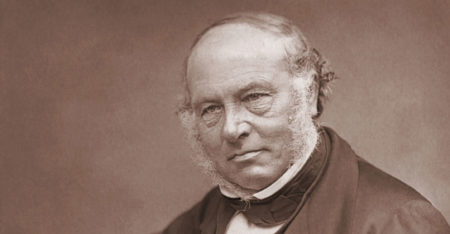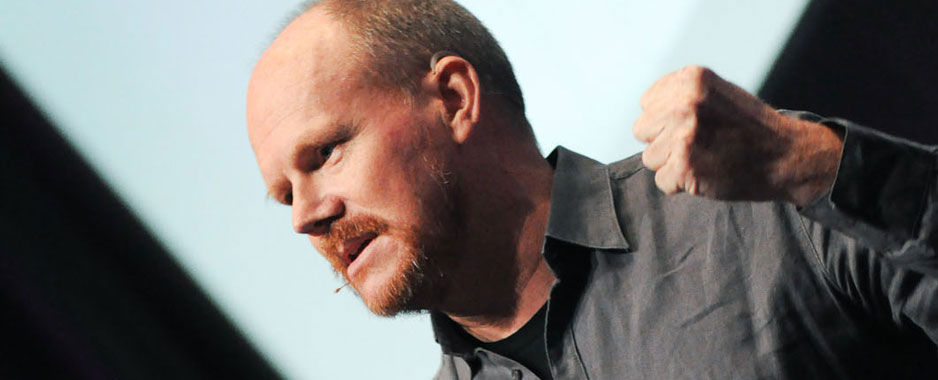In sub-Saharan Africa, there are now more than a million kilometres of terrestrial fibre, most of which is terribly underutilised due to high access costs. The solution may have its origins in Britain’s early postal system.
Author: Steve Song
In 2015, Facebook launched its Free Basics app, offering a limited suite of Internet services for free in partnership with mobile network operators around the world. This provoked widespread debate on whether Free Basics violated
The telecommunications landscape is changing. The mobile revolution is maturing and entering a new phase of slower growth. The rapid spread of fibre-optic networks is increasing the ability of existing operators to deliver
“It costs more to get data to the coast than it does to get it the rest of the way to Europe.” Since the arrival of high-capacity undersea fibre-optic cables to African shores in 2009, I have heard this complaint
Earlier this week, the Indian communications regulator announced it would forbid the provision of differential pricing for data services on the basis of content. This decision effectively bans Facebook’s Free Basics initiative, which offers access to
The worldwide debate about zero rating and network neutrality has brought the issue of affordable Internet access into sharp relief. I recently came back from the Internet Governance Forum
There are many factors that have allowed for the successful scaling of the Internet into a global phenomenon. A consensus-based, voluntary approach to standards, decentralised design and a vast body of openly-licensed software have all contributed. But the element I want to talk about here
I have such a complicated relationship with Google and Facebook that I sometimes find it hard to write about them. I don’t mean complicated in the sense of conflict of interest, although it is true that one of the organisations I do work for now receives funding from Google, so there is that, but what I am really talking about is
You may have seen a resurgence of news about net neutrality in the last few weeks. This is because a US court recently ruled that the communications regulator, the Federal Communications Commission, doesn’t have the power to insist that Internet service providers operate according
We are living through a privacy tipping point. Technology is changing dramatically what is possible in terms of surveillance, monitoring, persistence, analysis. We are cracking open the lid of Pandora’s Box. We still don’t really know what’s in the box. Maybe the benefits of the




